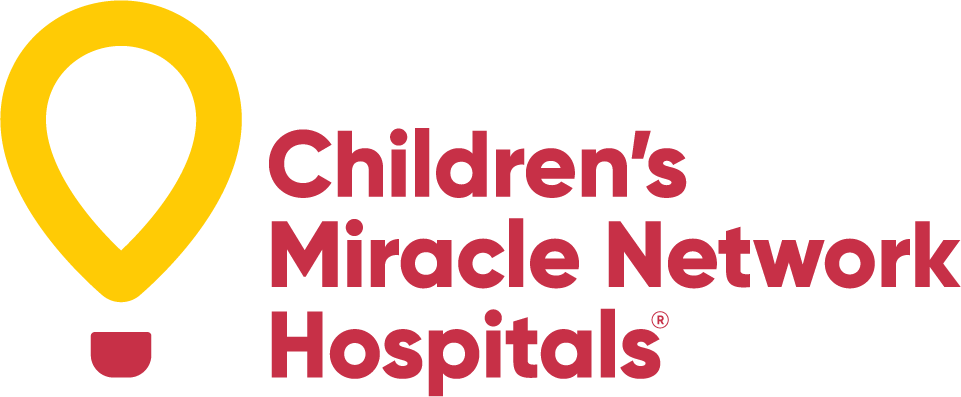A North Country Festival of Trees Ramps Up for Holiday Season
In-person viewing, online auction are open from Friday, November 26th to Saturday, December 4th Watertown, NY – A North Country Festival of Trees will once again kick off the holiday season in the North Country, offering an online tree auction…

